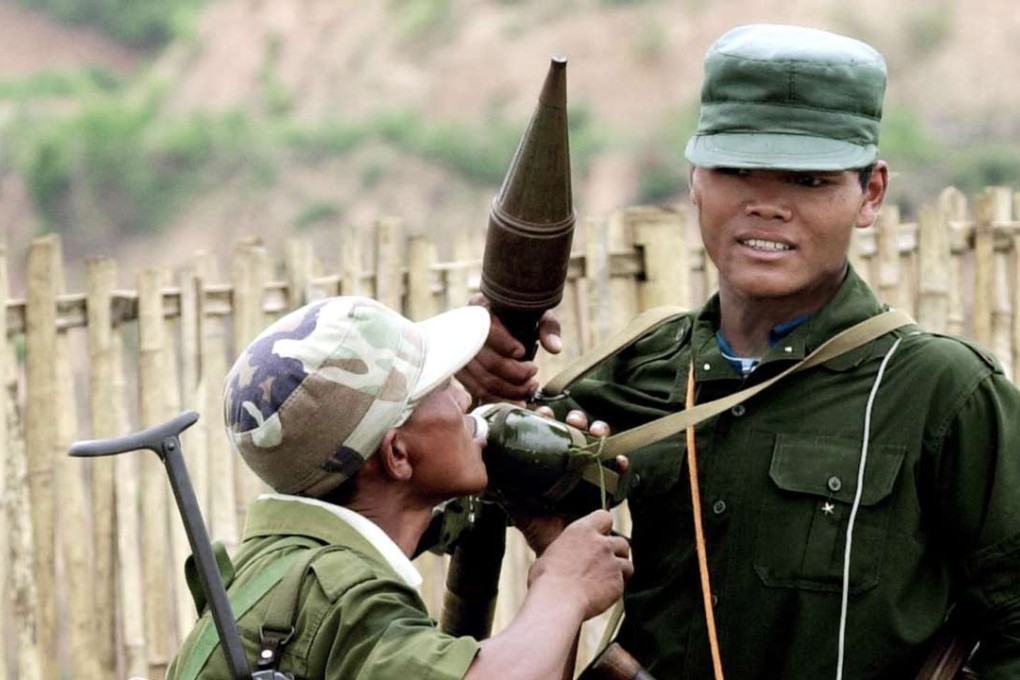Why US is no match for China’s carrot and stick in Myanmar
Pats on the back about friendship and democracy cannot compete with geography, economic patronage and leverage over country’s most powerful ethnic armed force

The success of Aung San Suu Kyi’s latest trip to Washington may mark a new chapter in Myanmar’s relations with the United States but the ongoing civil war in the country gives China control over crucial levers of pressure on its neighbour that the distant superpower can hardly match.
The warm welcome democracy icon Suu Kyi received in Washington reflects the US administration’s perception of Myanmar as one of its most significant foreign policy successes.
US considers further easing or lifting sanctions against Myanmar ahead of visit by democracy icon Aung San Suu Kyi
When Barack Obama became president in 2009, Myanmar was still an international pariah, shunned by the West for its abysmal human rights record and subjected to economic and diplomatic sanctions imposed by the US and the European Union. Myanmar’s only really close ally at that time was China.

But much water has flowed down the Irrawaddy since. In a remarkable turnaround, a military-backed quasi-civilian government, which took over from the former junta in March 2011, started a process of rapprochement with the West and began to harden its stance towards China. This policy shift was exemplified by the suspension in September that year of a Chinese-funded hydroelectric power project at Myitsone in northern Myanmar and a gradual easing of political controls that led to a landslide election victory for Suu Kyi’s National League for Democracy in November.

